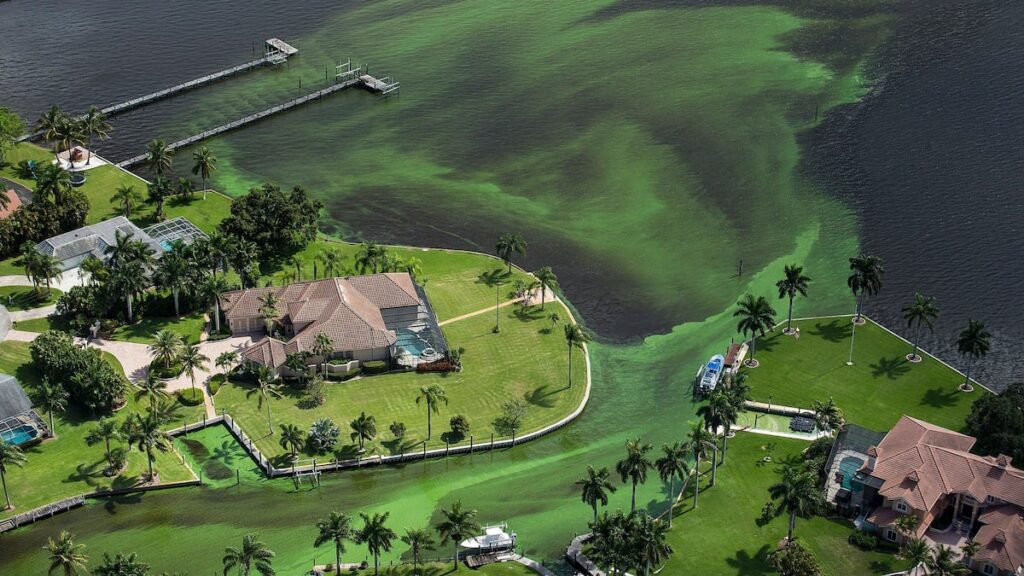Fertilizing your lawn in the right way makes a big difference in the quality of water in Florida. It is important to responsibly understand best practices for fertilization, especially as many new residents move to Florida every day.
The Southwest Florida Water Management District recently conducted a survey to test residents’ knowledge of best practices for fertilization, finding only 52% agreed that fertilization methods would affect the health of their local waters. Only 20% were aware of local fertilizer restrictions, and 40% thought that the best time before fertilizer was before heavy rain, which could flush out the fertilizer and pollute local water bodies through the runoff.
To raise awareness of best practices for fertilizer for homeowners, the district has created the Fertilizing 101 campaign. It provides useful information based on recommendations and links to useful resources from the University of Florida Institute of Food and Agricultural Sciences. The goal is to educate residents, change fertile habits and protect local waters, including Florida’s world-class springs, rivers, and lakes.
Too many nutrients, such as nitrogen and phosphorus, can cause algae overgrowth, reducing the clarity of the water, and leading to extreme fluctuations in dissolved oxygen when they are in our waters. This can be extremely stressful for aquatic wildlife such as native fish and plants. This is why it is so important to ensure that we all follow the recommended fertilization practices. Nothing more is always better.
April and May are generally the ideal times to fertilize Florida lawns. The grass is growing actively, before the rainy season. Homeowners are advised to test the soil before purchasing fertilizer. Buy fertilizer, use slow, controlled fertilizer, avoid fertilizer before heavy rain, and always check with local government for fertilization restrictions. If each of us is smart about how we fertilize, we can help protect our waters for future generations.
Homeowners can visit watermatters.org/fertilizing101 for fertilizer tips to create healthy lawns and landscapes.
Katherine Squireri is the leading conservation education coordinator for the Water Management District in Southwest Florida. She manages the district’s youth education program and supports water conservation outreach efforts.

